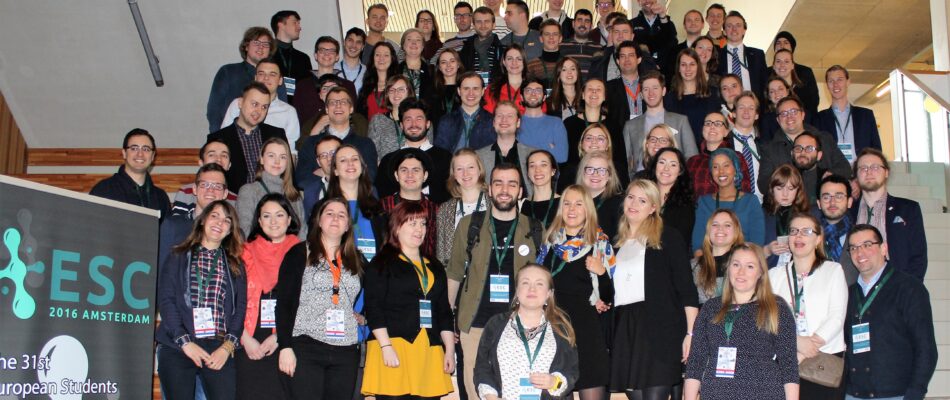
Students discuss ways forward for a post-industrial higher education system in Europe
AMSTERDAM – Student representatives from across Europe gathered in Amsterdam for their 31st European Student Convention between 8th and 11th March to discuss ways to modernise European higher education. The conference focused on 3 main themes: digitalisation, internationalisation and curriculum design – all areas tackled on the discussions of the new goals for the European Higher Education Area (EHEA) and on the review of the Modernisation Agenda.
The event brought together higher education policy-makers, practitioners and stakeholders in times of important discussions on the future of Bologna Process and EU. At the end of the event, students compiled recommendations on internationalisation, digitalisation and curriculum design which were then handed to the Dutch Minister of Education Jet Bussemaker.
Students want a future-proof education
Most academic curricula still resembles the industrial model with students going through pretty much the same pre-programmed path – an education criticised as not being future proof in the current knowledge era. Online, students have easy access to information and Massive Open Online Courses (MOOCs) from universities across the world are freely available.
This new setting raises questions regarding the need to develop new teaching models, such as blended learning but also concerns that digitalisation could be used as an excuse for further budget cuts in education. While MOOCs have obvious benefits in terms of access and improvement of the education experience, challenges remain regarding recognition and assessments of quality.
Students from US and Canada warn against an over-reliance on digitisation
Bilan Arte, chairperson of the Canadian Federation of Students (CFS) and Alexandra Flores-Quilty, president of the United States Student Association hosted a workshop on digitisation of higher education in their countries.
“In US and Canada we have seen digitalisation as a tool in the corporatisation and privatisation of higher education to cut costs and promote a transactional education style. Students in US and Canada would use their experiences to caution Europe against an over reliance on digitisation. Our experience has only lead to the loss of one on one educators and consequently the erosion of high quality education.”
Can we change the status quo of education systems?
During the 3-day workshops, students analysed ways to improve higher education and innovate the status quo. As Europe is facing many challenges, such as the refugee crisis and decreased trust in EU institutions, students call for more socio-economic diversity and substance talks on internationalisation strategies. Again, the proper implementation of Bologna process ranked high in students’ priorities.
“We need everyone on board if we want to build an inclusive society. This means taking into account different needs, including those of marginalised groups, refugees and people in refugee-like situations. Smart ways to recognise prior learning and flexible learning options are some ways that could lead to a widening of access for hard-to-reach groups.” Says Fernando Galan, Chairperson of the European Students’ Union
Download here:
Recommendations based on the 31st European Student Convention
